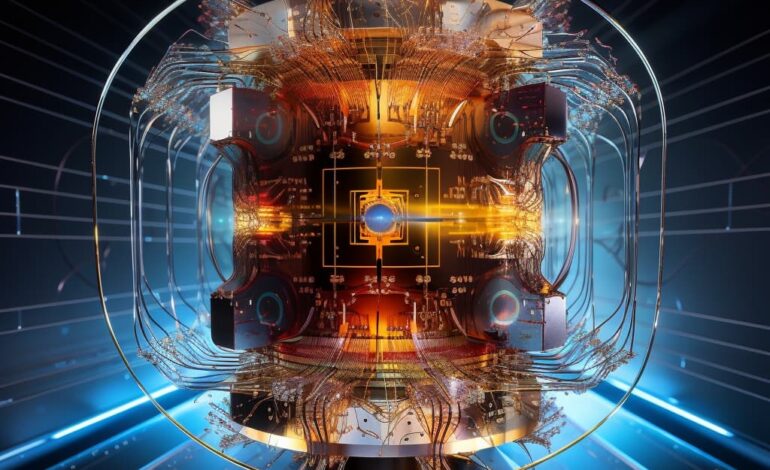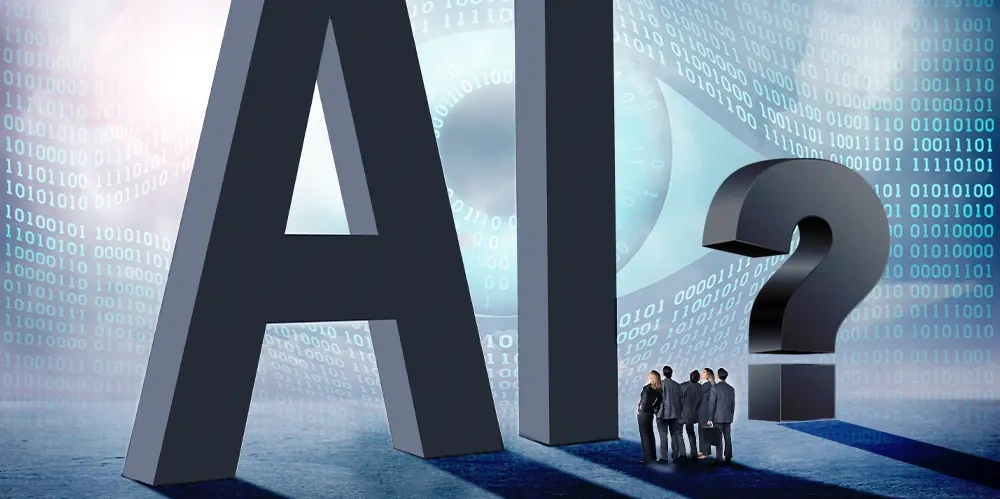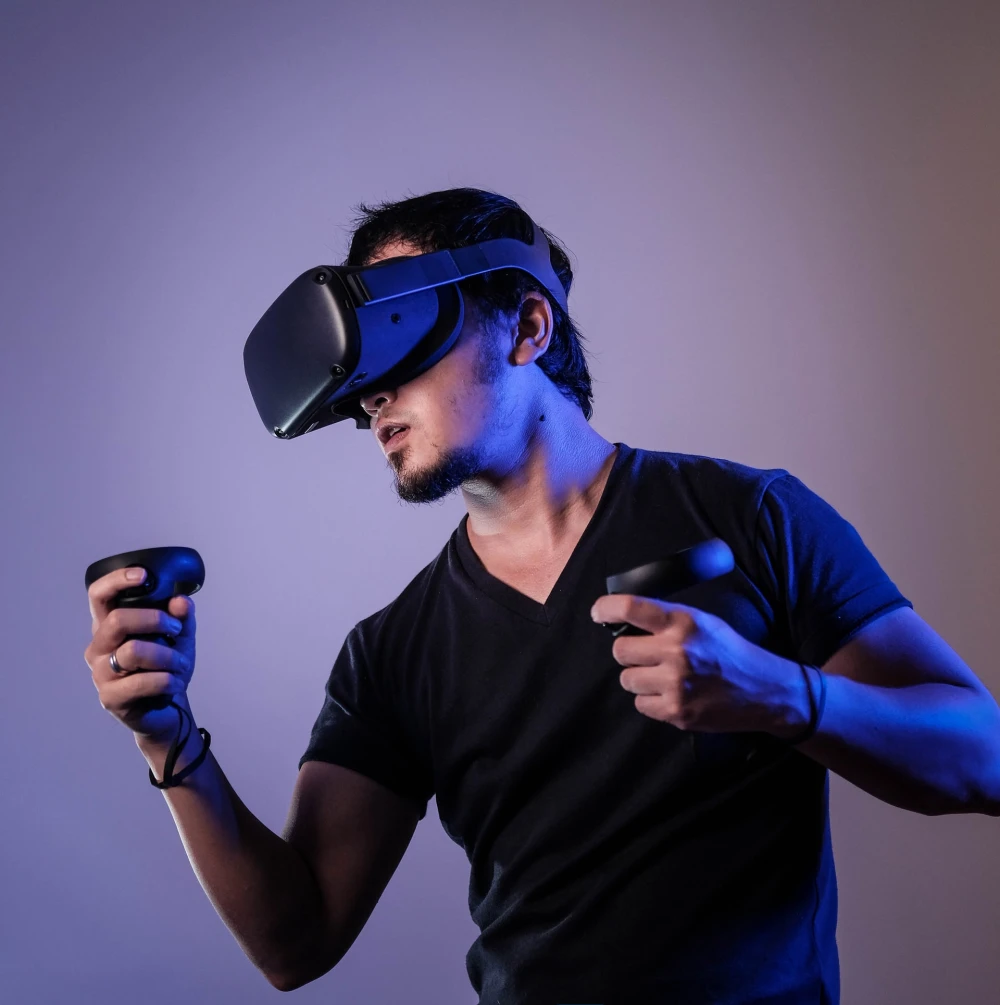Quantum Computing Explained: A Beginner’s Guide

Demystifying Quantum Computing: A Beginner’s Guide
Quantum computing – the very phrase conjures images of futuristic technology, complex equations, and perhaps even science fiction. It’s a field that often feels shrouded in mystery, reserved for brilliant physicists and mathematicians. But what exactly *is* quantum computing? And why should you care? This blog post aims to break down this fascinating topic, explaining its core concepts and exploring the potential impact it could have on various industries – all without getting bogged down in overly technical details.
What is Quantum Computing, Exactly?
To understand quantum computing, we first need a quick recap of classical computing. Your laptop or smartphone uses bits to store information. A bit can be either a 0 or a 1—think of it as an on/off switch. Classical computers perform calculations by manipulating these bits in predictable ways.
Quantum computing takes a radically different approach. Instead of bits, quantum computers use “qubits.” Qubits leverage the principles of quantum mechanics – the branch of physics that describes the behavior of matter at the atomic and subatomic levels—to store and process information in fundamentally new ways.
The Magic of Superposition
One key concept is superposition. Unlike a bit, which can only be a 0 or a 1, a qubit can exist in a superposition – meaning it can be both 0 *and* 1 simultaneously! Imagine flipping a coin. While it’s spinning in the air, it’s neither heads nor tails; it exists in a state of potential for both. A qubit is similar.
This ability to exist in multiple states at once dramatically increases the amount of information a qubit can hold compared to a classical bit. More importantly, it allows quantum computers to explore many possibilities concurrently, leading to potentially exponential speedups for certain types of calculations.

Entanglement: Spooky Action at a Distance
Another crucial phenomenon is entanglement. When two qubits are entangled, their fates become intertwined, no matter how far apart they are. If you measure the state of one entangled qubit, you instantly know the state of the other – even if it’s on the other side of the universe! Einstein famously called this “spooky action at a distance,” and while it’s still not fully understood, it’s a powerful resource in quantum computing.
Entanglement enables quantum computers to perform complex calculations that are impossible for classical machines. It allows them to correlate the states of multiple qubits, creating incredibly intricate computational pathways.
How Does a Quantum Computer Work?
Building a quantum computer is an astonishing engineering feat. Unlike the silicon-based chips in your everyday devices, qubits are physically realized using various technologies. Some common approaches include:
- Superconducting Circuits: These use tiny electrical circuits cooled to near absolute zero temperatures (-273°C or 0 Kelvin). The electrons flowing through these circuits exhibit quantum behavior and can be manipulated as qubits. This is currently the most popular approach.
- Trapped Ions: Individual ions (charged atoms) are trapped using electromagnetic fields, and their internal energy levels represent qubit states. They offer very high fidelity but scaling them up remains a challenge.
- Photonic Qubits: These use photons (particles of light) to encode information as qubits. They’re attractive due to the ease of manipulating light but require highly precise optical components.
- Topological Qubits: This emerging approach aims to create more robust and error-resistant qubits by exploiting exotic states of matter.
Once a qubit is created, it needs to be controlled. Quantum computers use precisely timed pulses of microwaves or lasers to manipulate the state of the qubits, performing calculations based on quantum algorithms.
What Can Quantum Computers Do?
While still in their early stages of development, quantum computers hold immense promise for revolutionizing various industries:
Drug Discovery and Materials Science
Simulating molecules is incredibly difficult for classical computers because the number of calculations required grows exponentially with the size of the molecule. Quantum computers, however, are perfectly suited to this task. They can accurately model molecular interactions, accelerating the discovery of new drugs, materials (like superconductors), and catalysts.
Cryptography
Many modern encryption methods rely on mathematical problems that are difficult for classical computers to solve. Quantum computers, utilizing algorithms like Shor’s algorithm, pose a significant threat to these existing cryptographic systems. However, this also drives the development of quantum-resistant cryptography – new encryption techniques designed to withstand attacks from quantum computers.
Financial Modeling
Optimizing investment portfolios, pricing derivatives, and detecting fraud are complex problems that can benefit from the capabilities of quantum computing. Quantum algorithms can explore a vast number of scenarios faster than classical methods, leading to better financial decisions.
Artificial Intelligence & Machine Learning
Quantum machine learning is an emerging field exploring how quantum computers can enhance machine learning models. This could lead to breakthroughs in areas like image recognition, natural language processing, and anomaly detection.
The Challenges Ahead
Despite the exciting potential, quantum computing faces significant challenges:
- Decoherence: Qubits are incredibly sensitive to their environment. Any external disturbance can cause them to lose their quantum properties (decohere), leading to errors in calculations.
- Scalability: Building large-scale, fault-tolerant quantum computers with thousands or millions of qubits is extremely difficult.
- Error Correction: Due to decoherence and other factors, quantum computations are prone to errors. Developing effective error correction techniques is crucial for reliable operation.
- Algorithm Development: While we know that quantum computers *can* outperform classical computers on certain tasks, discovering new algorithms that leverage their unique capabilities remains an active area of research.
The Future of Quantum Computing
Quantum computing is not going to replace your laptop anytime soon. Instead, it’s likely to become a specialized tool for tackling specific complex problems that are intractable for classical computers. We’re still in the “noisy intermediate-scale quantum” (NISQ) era – meaning we have quantum computers with limited qubit counts and error rates. However, progress is accelerating, and as the technology matures, we can expect to see increasingly impactful applications across various industries.
The journey into the world of quantum computing is complex but rewarding. By understanding these basic concepts, you’re better equipped to appreciate the potential of this revolutionary technology and its impact on our future.



